The economic crisis caused by the coronavirus pandemic poses a triple challenge for tax policy in the United States. Lawmakers are tasked with crafting a policy response that will accelerate the economic recovery, reduce the mounting deficit, and protect the most vulnerable.
To assist lawmakers in navigating the challenge, and to help the American public understand the tax changes being proposed, the Tax Foundation’s Center for Federal Tax Policy modeled how 70 potential changes to the tax code would affect the U.S. economy, distribution of the tax burden, and federal revenue.
In tax policy there is an ever-present trade-off among how much revenue a tax will raise, who bears the burden of a tax, and what impact a tax will have on economic growth. Armed with the information in our new book, Options for Reforming America’s Tax Code 2.0, policymakers can debate the relative merits and trade-offs of each option to improve the tax code in a post-pandemic world.

Design Matters When Raising Taxes to Reduce the Deficit and Stabilize the Debt
Rather than continue down the path of growing debt, lawmakers should craft a comprehensive solution. International experience cautions against tax-based fiscal consolidations, but modest tax increases may be part of a successful debt reduction package.
6 min read
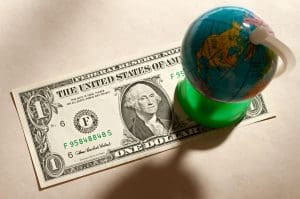
How America’s Debt Problem Compares to Other Countries—and Why It Matters
According to the International Monetary Fund (IMF), the U.S. federal government is among the most indebted governments in the world.
6 min read
Does the Optimal Tax System Exist?
While research on optimal taxation often focuses on the pure economic implications, it rarely considers cultural and societal differences that can lead to very different outcomes when trying to implement an optimal tax system.
3 min read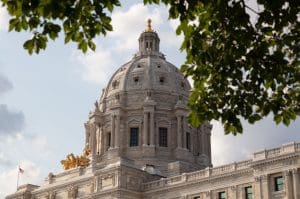
The Faulty Revenue Estimate Behind Minnesota’s Consideration of Worldwide Combined Reporting
As Minnesota lawmakers consider making theirs the first state to mandate worldwide combined reporting, they are relying on a revenue estimate that is—this may not be the technical term—completely bogus.
7 min read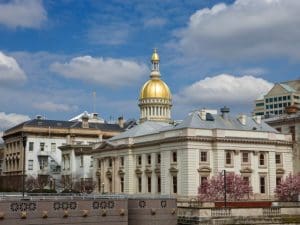
New Jersey Should Take Opportunity to Make Corporate Taxes More Competitive
By letting the corporate surtax expire, eliminating taxes on GILTI, and embracing full expensing, New Jersey would take important steps toward creating a more welcoming and competitive tax environment.
6 min read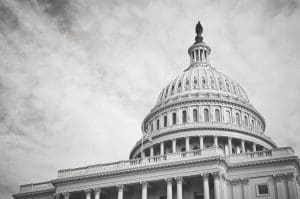
Fast Approaching Debt Limit Deadline and Growing Debt Demand Action
As policymakers look to tackle America’s debt and deficit crisis, they should consider international experiences on successful fiscal consolidations.
6 min read
Do Consumption Taxes Do a Better Job of Taxing Criminals?
One of the arguments in favor of the FairTax is that it would do a better job of taxing the underground economy than the income tax it is intended to replace.
6 min read
Why the Estonian Tax System Would Remain Competitive after Tax Reform
When a country has a broad base with a simple and transparent tax code, small rate changes have little influence. Therefore, policymakers shouldn’t only focus on rate changes when it comes to increasing tax competitiveness.
4 min read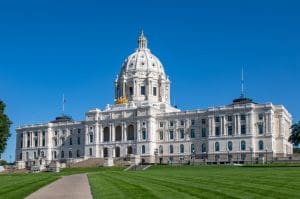
Minnesota’s Omnibus Tax Bill Would Undermine the State Economy
As policymakers in St. Paul finalize this year’s tax bill, they should avoid policies that incentivize the diversion or relocation of capital. Importantly, states do not institute tax policy in a vacuum. The evidence from states’ experiences and the academic literature supports the conclusion that tax competitiveness matters not just to businesses but to human flourishing.
15 min read